- Su Shi left many poems and allusions on some bridges, ferry crossings and roads in Jiangxi
- As a precious cultural heritage of Jiangxi's transportation, these transportation cultures have lasted for thousands of years
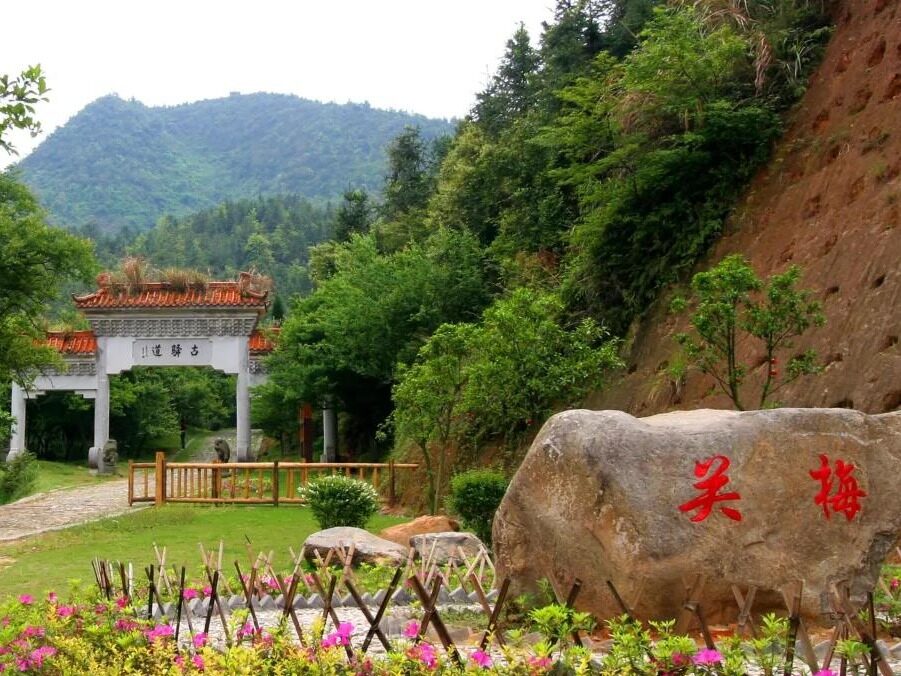
On the cultural and artistic achievements of ancient Chinese celebrities, the all-around champion is none other than Su Shi. Although this cultural giant is not from Jiangxi and has never worked in Jiangxi, he has an indissoluble bond with Jiangxi Transportation. He has traveled many roads in Jiangxi, sailed through many rivers in Jiangxi, and left well-known poetic allusions on some bridges, ferry crossings, and wind and rain pavilions. Some of these transportation elements have been carved over the years but are as solid as a rock, and some have been vicissitudes of life and returned to dust. But looking at the related poems and classics, those roads, boats, pavilions and bridges are not only witnesses of Su Shi's ups and downs but indifferent and open-minded, but also a precious cultural heritage of Jiangxi transportation. These stories of Su Shi and Jiangxi transportation make Jiangxi transportation The humanities and history are more profound and splendid. Thousands of years have passed, and the landscape of Jiangxi's transportation has undergone tremendous changes, but the transportation culture has lasted for a long time.
Du Yin Su to pass through the ages
The river is long, and the years are like a song. In Gao'an, Jiangxi, the Jinjiang River, a tributary of the Ganjiang River, passes through the city, and people rely on ferry boats to travel between the two sides of the strait. The name of the ferry port is usually the name of the local place. Because of the two brothers Su Shi and Su Zhe, a ferry here was renamed "Lai Sudu", and there is a good story.
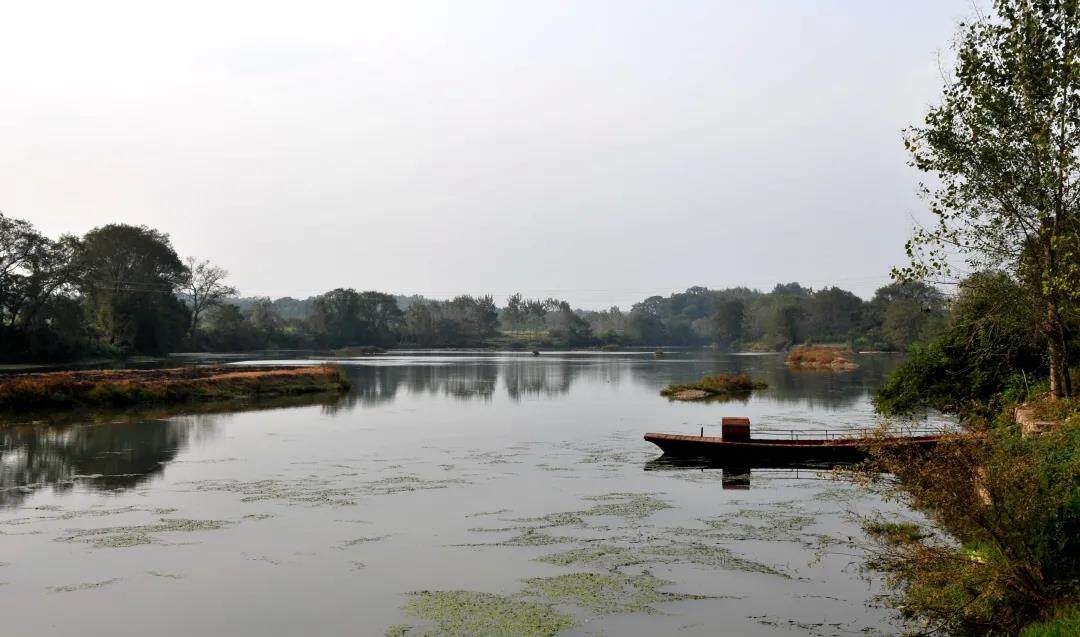
The Jinjiang River flows quietly, and it is hard to find a trace when you come to Sudu
Laisudu was formerly known as Jinsha Ferry, and it is located in the north of Laisuzoujia Village, Zuoqiao Village, Junyang Street, Gao'an City. The Qing "Gao'an County Chronicle" records: "When he came to Sudu, Song Suzhe was exiled from Yunzhou (the prefecture of Gao'an), because his brother Shi had visited Liu Pingbo (the first elder of the Liu family in Jinsha), and he was summoned to this place. The pavilion is beside the water, under the Jinsha Terrace, now the Huandu Pavilion has been abandoned.”
The Ming Dynasty's "Lai Su Gu Du Ji" also recorded the fate of the Su Shi brothers and the place, "There are many people in China who take the name of 'Lai Su' as their place, because the Meishan brothers are frequently exiled, and the remote and barren places are far away. In this hometown, I have made my footsteps several times." "And in other places, every time I see one of my husbands, I am surprised that it is an immortal monument. It is the only place that is full of water, and I can invite my brothers to meet the ends of the world and sing Chi Harmony. It's the same day, it seems that everything in Meizhou has been exhausted, and it will be moved to Yunzhou." Su Shi and his brothers came to Gao'an at the same time, which is Gao'an's luck, and crossing with Gao'an is the luck of Jiangxi traffic.
Su Zhe was exiled to Gao'an twice, for 8 years. The first time was in the second year of Song Yuanfeng (1079), when Su Zhe was implicated in the "Wutai Poetry Case" by his brother. One day in the seventh year of Yuanfeng (1084), Song Shenzong Zhao Xu suddenly remembered that Su Shi, who was demoted to Huangzhou (now Huanggang City, Hubei Province), was a rare talent, and decided to transfer him from Huangzhou to Ru. State (now Ruzhou, Henan) to "replace". Although Huangzhou and Ruzhou are both "relocation", their nature is completely different. In Huangzhou, they are relegated, and in Ruzhou, they are idle before the opening. Su Shi was not in a hurry to go, and walked all over the place he wanted to go. First, I went from Huangzhou to Junzhou. Originally, it was relatively smooth to take the Yangtze River and Ganjiang River, but in order to go to Fuchuan (now Yangxin County, Hubei Province) to visit my friend Yang Hui, Su Shi rode by land and went to Yangxin. After meeting with old friends, he went from Yangxin to Junzhou via Ruichang, Yongxiu, Anyi, Fengxin and other places to see his younger brother Su Zhe, and wrote in "From Xingguo to Junsu Shitian Station South 25 Mile Savage House": "Three hundred folds of green hills on the stream, a quick horse and a light shirt to touch it. There are people leaning on the mountain to build bamboo, and the clear spring across the road knows that I am thirsty. The mans shoes and bamboo sticks are soft and soft, and the pine bed is also fragrant. Seeing the lonely firefly opens and closes." Shi Tianyi is located at the junction of Yangxin, Hubei and Ruichang, Jiangxi. The poem describes his wonderful experience of riding a horse among the green waters and green mountains in Yangxin.
Su Shi arrived in Gao'an, Junzhou on April 29 and left on May 9. The ten-day itinerary was very compact, visiting Zhenru Temple, visiting famous mountains and rivers, meeting famous people, and exploring local customs. There is a historical village Jinsha Liu in the south of Gao'an City, which was founded by Liu Shi, the Hou Jiancheng of the Han Dynasty. There was an old man in the village named Liu Pingbo, a famous sage of Gao An. When Su Zhe was in Gao An, he often visited, and the two became close friends. After Su Shi arrived, he and Su Zhe went to see him together, and the two took a boat to Liu's house on the other side of the river. Liu Pingbo entertained Ersu with a feast and invited them to visit Jinshatai, a scenic spot in Gao'an. After parting, Su Dongpo drew a picture of ink and bamboo for Liu Pingbo and wrote a poem as a gift. From then on, people call this ferry "Laisu Ferry", and the village of Zoujia next to the ferry is called "Laisu Zoujia".
Flying bridge scenery into poetry
Leaving Gao'an, Su Shi traveled by land and water, down the Gan River, and ascended Mount Lu in mid-May.
The Qixian Three Gorges Bridge gets its name because it is erected on the Three Gorges Stream, and it is also called Guanyin Bridge because of the Guanyin Temple built on the side of the bridge. The bridge was built in the 7th year of Xiangfu Dazhong in the Northern Song Dynasty (1014), with a total length of more than 24 meters. It is a single-hole stone arch bridge. The base of the bridge stands on the cliffs on the east and west banks, facing the deep pool, with exquisite design and beautiful appearance. The ingenious bridge is integrated with the magnificent natural scenery. Su Shi called the Three Gorges Bridge one of the "two wins" in Lushan. Here, Su Shi couldn't hold back his poetic sentiments, and left a long poem of five characters, "The Three Gorges Bridge of Qixian".
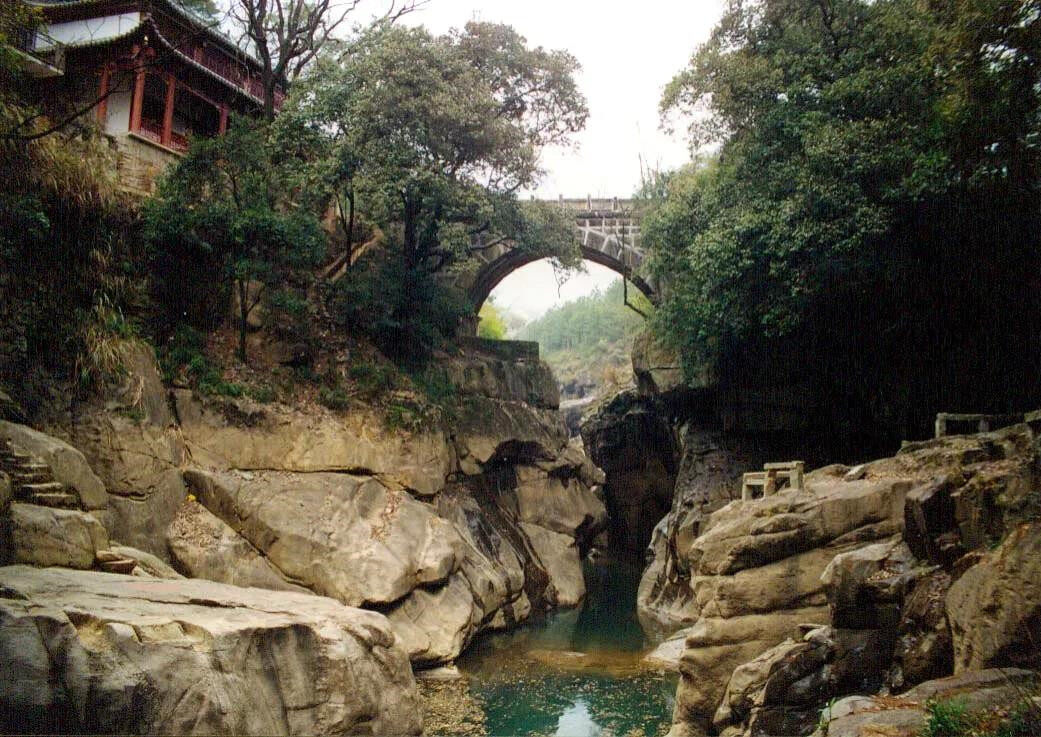
Lushan Guanyin Bridge
The Three Gorges Bridge has a history of more than a thousand years. The main structure has not been rebuilt. After several earthquakes and countless flash floods, it still stands on the deep pool of dangerous rocks, which shows that Jiangxi already had superb bridge construction technology in ancient times.
Su Shi also visited Xilin Temple in Mount Lu. Before going down the mountain, he left a philosophical masterpiece on the stone wall of the temple: "Looking at the side of the mountain, there are peaks on the side, and the distance is different. in this mountain."
Su Shi's trip to Jiangxi lasted more than 2 months. The trip was full and the harvest was full. In his book "Dongpo Zhilin", he recorded in more detail the process of visiting Lushan Mountain and writing poems. He wrote 7 quatrains before and after, leaving indelible footprints and masterpieces on the land of Jiangxi.
I have seen a few people who moved south
Song Zhezong Yuanyou eight years (1093) in early September, Zhezong pro-government, fully restored the government of Shenzong. In April of the first year of Shaosheng (1094), Su Shi, who was in Dingzhou (now Dingxian County, Hebei Province), received the exile of "understanding the affairs of Yingzhou and Yingzhou from the left court" and embarked on a long journey to the south. On the way to the south, he received four consecutive edicts, "Ask you about your achievements in your life, Huangzhou, Huizhou and Danzhou." Su Shi started two other exiles in his life. From Dingzhou to Huizhou, the most convenient way is to take the Ganjiang waterway via Jiangxi, and then cross the Dayuling post road to Lingnan.

Ganjiang Channel
According to legend, one evening in early August, Su Shi and his entourage moored by the side of Pengli Lake (now Poyang Lake), only to hear the crowds on the shore. The shipping department received the order from the court that the criminal minister should be demoted again, and came to seize the official ship that Su Shi was on. . The place is sparsely populated, and it is difficult to rent a civilian boat after handing over the official boat, so Su Shi begged the officials who led the team for half a day of grace, and then returned the official boat after arriving at Xingjiang at noon the next day. Su Shi then prayed to the Dragon God and asked for a quick descent to help him reach his destination quickly. Strange to say, after praying, the wind was blowing, the boatman hurriedly raised the sails, and sailed upstream like arrows. The next day at noon, they crossed the Xingjiang River to reach Yuzhang (now Nanchang), so they handed over the official ship and took a civilian ship to continue south.
After that, Su Shi's boat arrived at the Panic Beach in the Wan'an section of the Gan River. Panic Beach is the most dangerous of the Eighteen Beaches of the Ganjiang River, and ships often capsize. Su Shi wrote the poem "On the 7th of August when I entered Jiangxi and crossed the beach of fear". Although the first half of the poem describes the pain of being persecuted by political enemies and banished in old age, Su Shi, who is tough and open-minded, still expresses his feelings in the face of difficulties. Tenacious will and optimistic attitude.
At the beginning of September, Su Shi began to climb the Dayu Mountains. Dayuling is also known as Meiling. After passing through Meiguan, it is Lingnan, which was called the "wild and evil" land at that time. Song Zhiwen, a poet in the Tang Dynasty, was demoted to Lingnan, and he wrote a poem full of sorrow and pain when he passed by Dayu Lingbei Station. However, Su Shi did not have any resentment and sorrow, and wrote "Crossing Dayu Ling" with a tragic mood: "One thought The filth is lost, the body and mind are pure. There is a vast space between the sky and the earth, but I am the only one who is right. Today, I am going up the mountain, and I will never forget my life experience. The immortal touches my top and gives birth to longevity." life attitude.
In the third year of Song and Yuanfu (1100), Song Huizong ascended the throne and granted amnesty to the world, and Su Shi could return to the north when he was pardoned. The following year, the 65-year-old Su Shi ended his life of exile in Lingnan and entered Jiangxi from Meiguan.
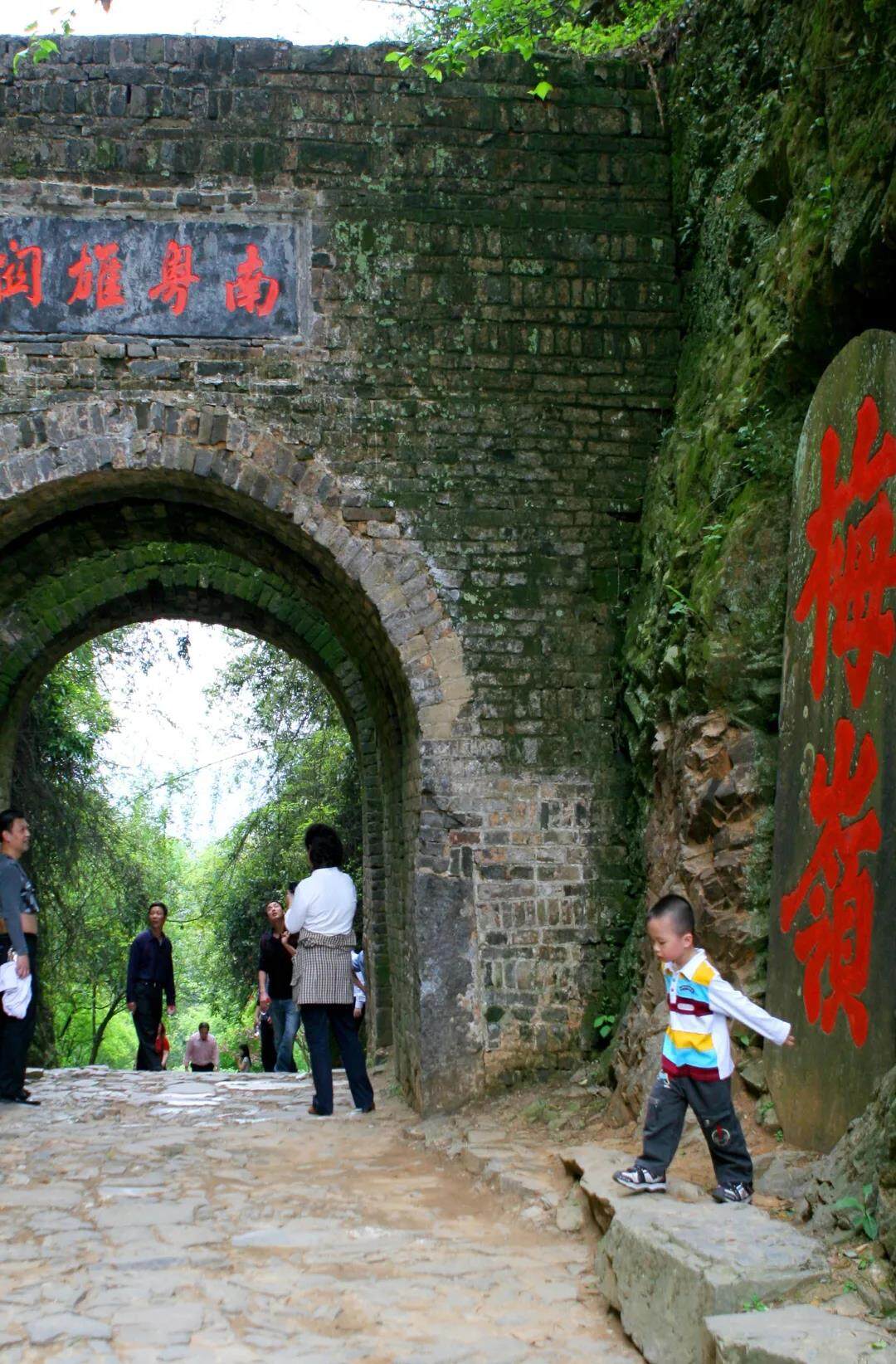
Meiguan Pass on Meiling Ancient Road in Dayu
When he stepped on the Dayuling post road again, the scene in front of him was still the same. Looking back on the hardships in his life over the years, he couldn't help feeling overwhelmed. Pro-planted. Ask Weng Dayu, who lives at the top of the Ridge, how many people have you seen moving to the south?" Yes, how many people who were demoted to Lingnan or even a desert island can come back?
Continuing north along the Ganjiang River, passing through Luling (now Ji'an City, Jiangxi Province), Jizhou Judicial Enlisted in the Army Xie Julian went to greet him and asked him to inscribe a local stone bridge. This bridge is located on the old Meixiang River in Xingan (now Xingan County, Ji'an City). It is a three-arch stone bridge.
When the ship arrived in Xingan, the magistrate who greeted Su Shi happened to be Zhang Haogu, a classmate and friend, and the old friend was very happy to meet. Su Shi was very happy when he saw the people walking on the bridge and crossing the river with ease. After a little thought, he wrote "Huizheng Bridge". Favorable government is not only an appreciation of friends for their diligence in governance and benefiting the people, but also a kind of self-encouragement.
During his stay in Huizhou, Su Shi had donated his rhinoceros belt given by the emperor to build two bridges and one embankment—Dongxin Pontoon Bridge, Xixin Wooden Bridge and Su Causeway. He also sent a letter to Su Zhe for help. The lady also donated the gold that was given by the court in the past. Xingan Huizheng Bridge has been rebuilt many times. The existing bridge body was rebuilt in the 40th year of Emperor Qianlong of the Qing Dynasty (1775). The bridge name is still in use today. In 2006, it was announced as the fifth batch of cultural relics protection units by Jiangxi Province. Editor/He Yuting
Comment
 Praise
Praise
 Collect
Collect
 Comment
Comment
 Search
Search


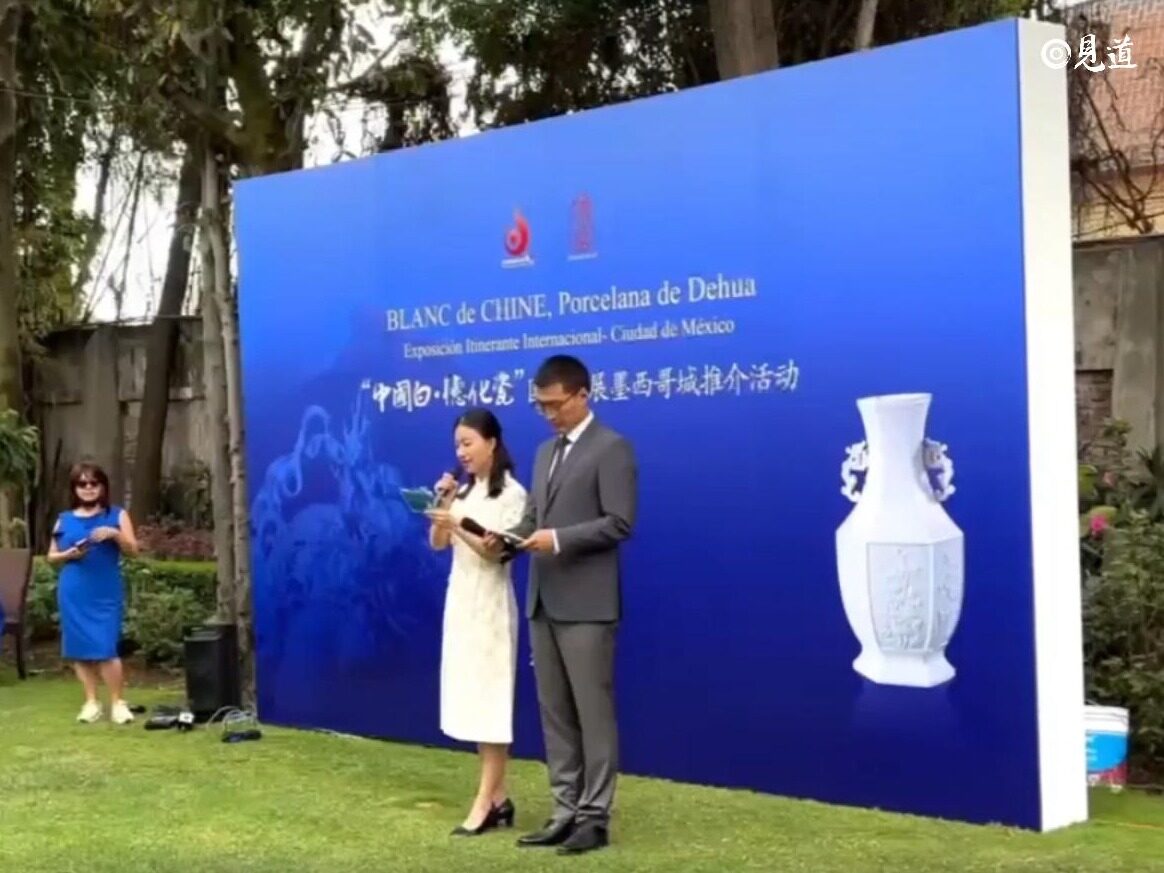

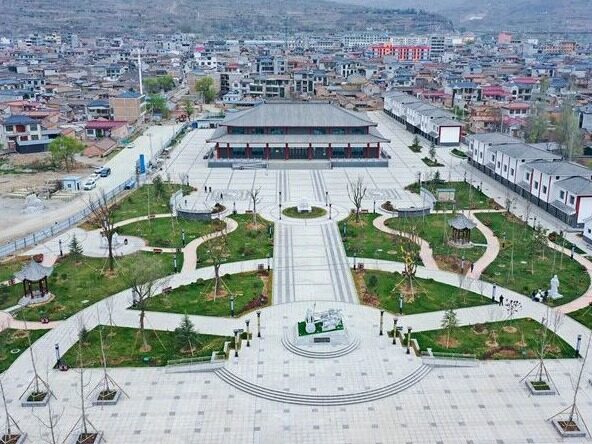
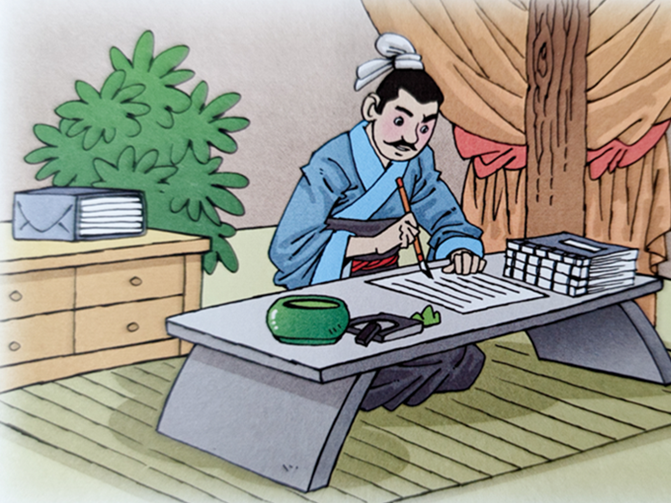
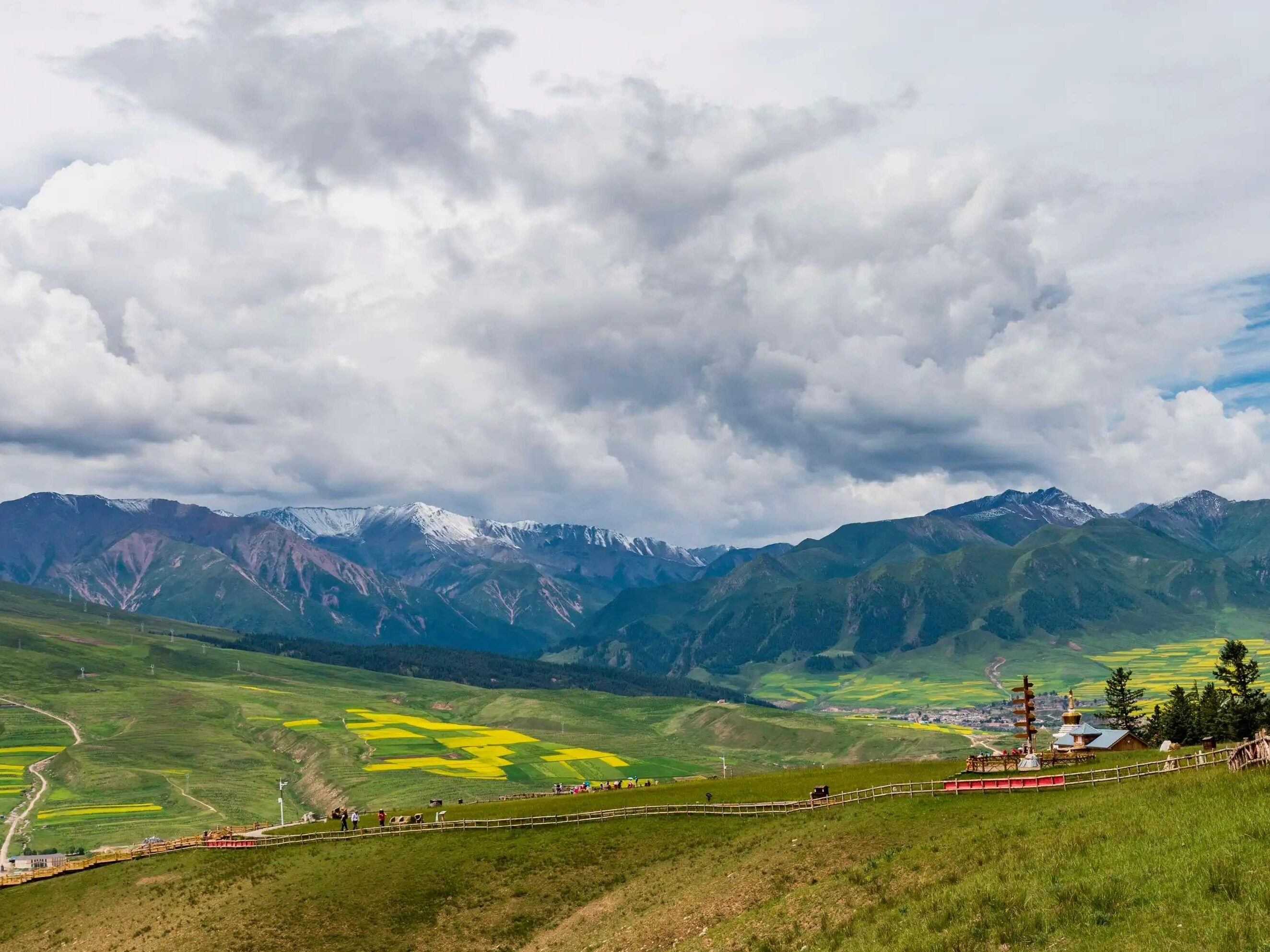
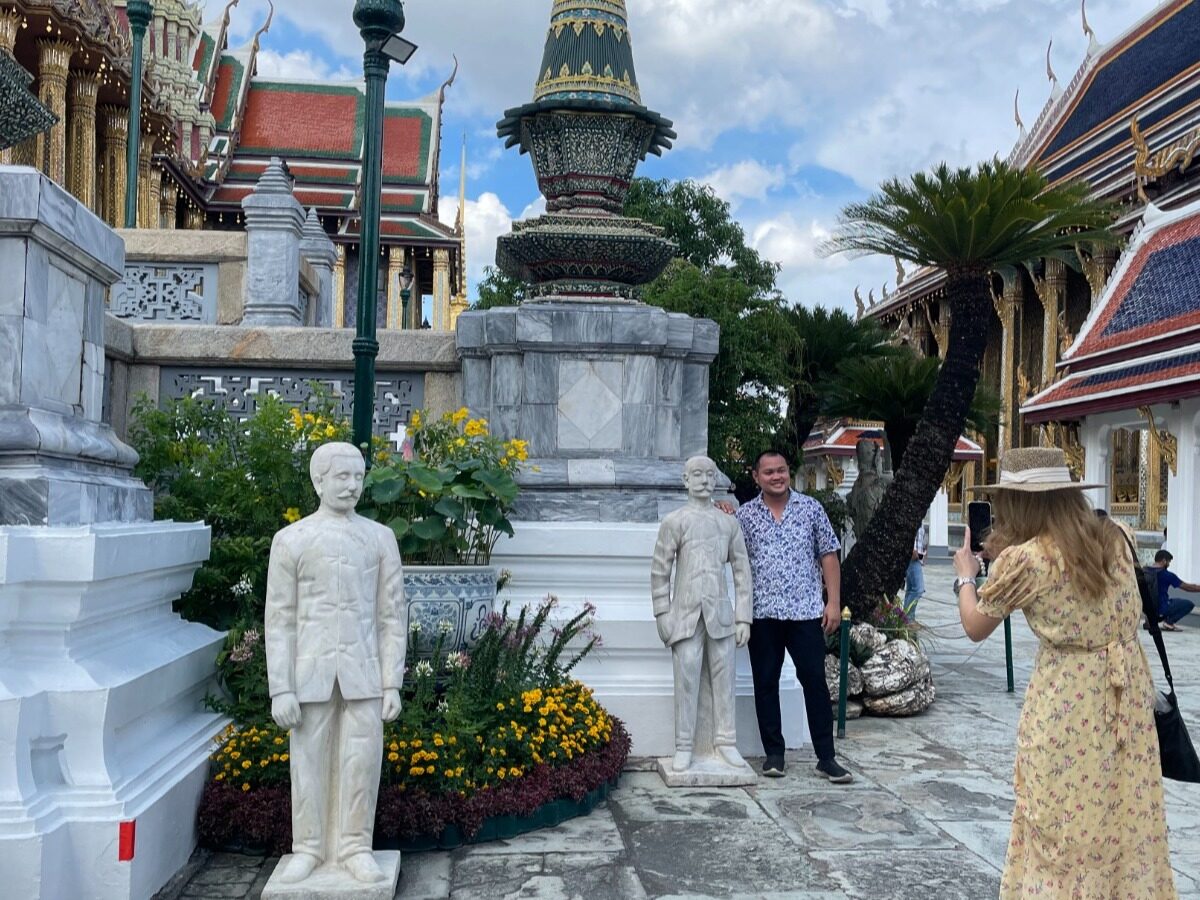






Write something~